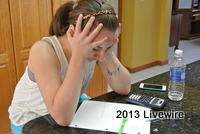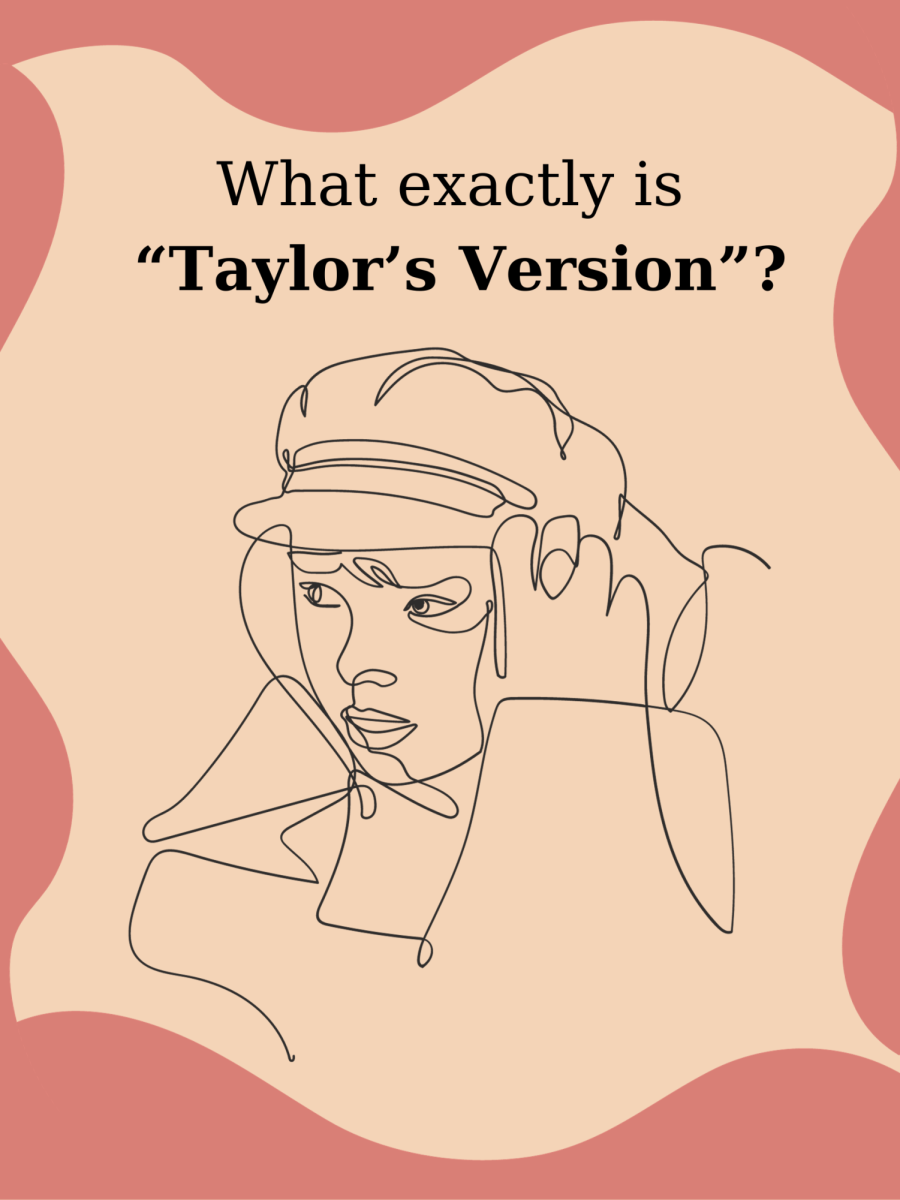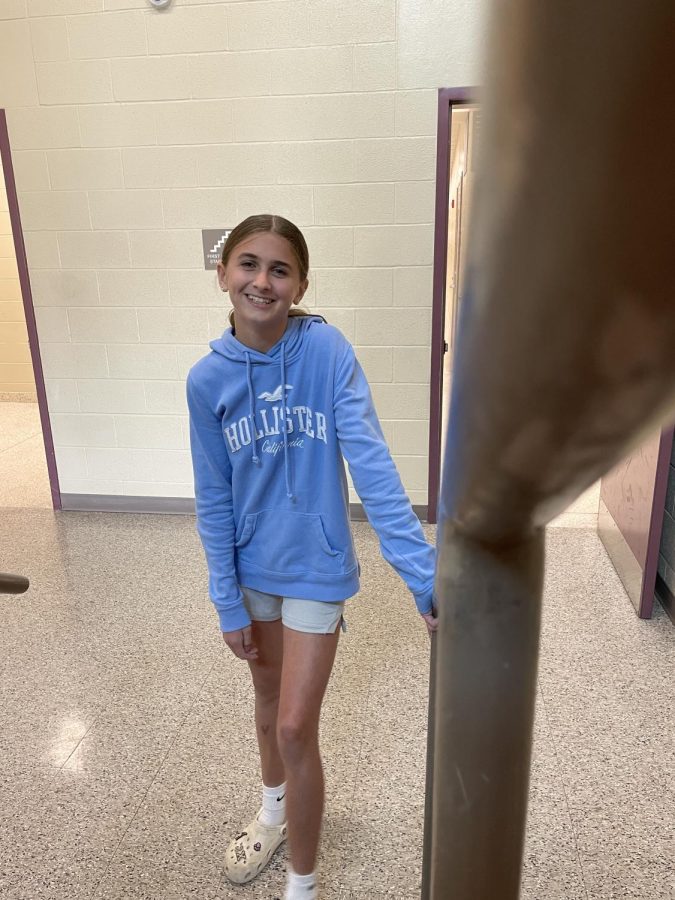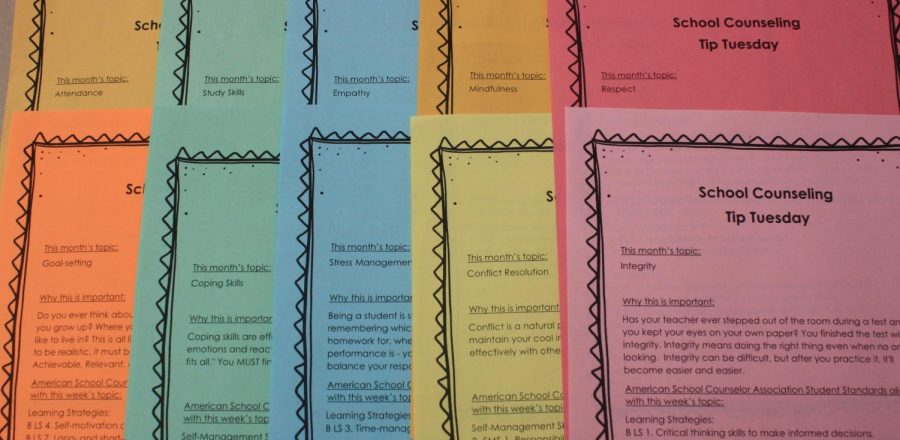With all of the PSSAs, benchmarks and Keystones, stress is a very common side effect to all the studying and preparation for these big tests.
“Stress is basically a lack of relief and relaxation,” ninth grade biology and human systems and disease teacher Jill Rutter said.
Many things can trigger stress.
“Most people feel stressed while working or in situations where they feel that they have a lack control. Also if the person doesn’t have 100% ability to make his or her own decisions, has family issues; also plans of what someone might do after high school can be very stressful,” Rutter said.
However, there were two different ideas as to which group of people have the most stress. Rutter and seventh grade student Brycen Leberfinger agreed that the adults have the most.
“People with working careers and families (have the most stress),” Rutter said.
“I think the adults are the most affected by stress because they have to deal with the children,” Leberfinger said.
Eighth grader Hailey Petite, seventh grade student Hanna Howard and seventh grader Katia Brandt agreed on the idea that the students dealt with the most stress.
“Young people (are the most stressed) because they have all their homework and stuff to do at home,” Petite said.
“Students are the most affected with stress,” Howard said.
“I think students are the most affected by stress because of all their homework they have to do and all their work throughout the day at school,” Brandt said.
Also the locations were different as to where stress most likely occurs.
“Probably at work,” Rutter said, going back to her opinion that people with careers and families have the most stress.
Leberfinger and Brandt agreed that people are the most stressed at home.
“I think people are the most stressed at home,” Brandt said.
“(People are the most stressed) in their house or on the school bus,” Leberfinger said.
However, Howard and Petite said that people are most stressed at school.
“People are most affected by stress at school,” Howard said.
“People are most stressed at school because that’s where they have to do all their schoolwork,” Petite said.
No matter which group is most affected, the health results are often consistent.
“Stress causes stomach ulcers, headaches, stomach pains, anxiety and even insomnia,” Rutter said.
Even though Rutter said people “deal with it” on a day to day basis, it is interesting to wonder if stress could ever be a good thing.
Everyone agreed that stress could almost never be a good thing.
“Stress is definitely not a good thing. It could make the person freak out and have panic attacks,” Howard said.
“I don’t think stress could be a good thing because stress usually makes situations that the person has to go through worse,” Brandt said.
“No, stress could never be a good thing because if you are stressed, you cannot focus and do what you need to do,” Petite said.
Leberfinger went to the worst idea that stress could cause: death.
“No, (stress is not a good thing) because people might die from stress,” Leberfinger said.
According to Rutter, students should find medical help if stress overcomes their life.
“Students should seek medical help if stress is interfering with their quality of life,” Rutter said.
Sometimes it can be easy to see if someone has too much stress in his or her life.
“You can tell (if a person is stressed) if their physical appearance or mental abilities change or what their mood is,” Howard said.
“You can tell when people come to school and they are tired, irritated and they have mood swings for no apparent reason,” Petite said.
“Others can tell if someone has too much stress because of the way he or she is acting or by what they are saying,” Brandt said.
There were several good ideas of what to do if a student is feeling stressed.
“You can talk to your parents or your counselor,” Petite said.
“Students can calm down, take deep breaths and not worry about things,” Howard said.
“If people are feeling stressed, they could calm themselves by going for a walk, or just taking a break for a minute from whatever they are doing,” Brandt said.
“Students could talk about their concerns, eat healthy, exercise, get enough sleep, do yoga, dance, martial arts, extracurricular activities or anything that is an outlet.
On the flip side, there are several things that you should not do.
“People should not start binge eating, increasing their workload, do not cut down on their sleep hours and do not shut others out,” Rutter said.
So to sum everything, Rutter made an acronym to help students what to do if they are feeling stressed.
“Slow down, take a time out, relax, ease up, sleep, and seek help,” Rutter said.






